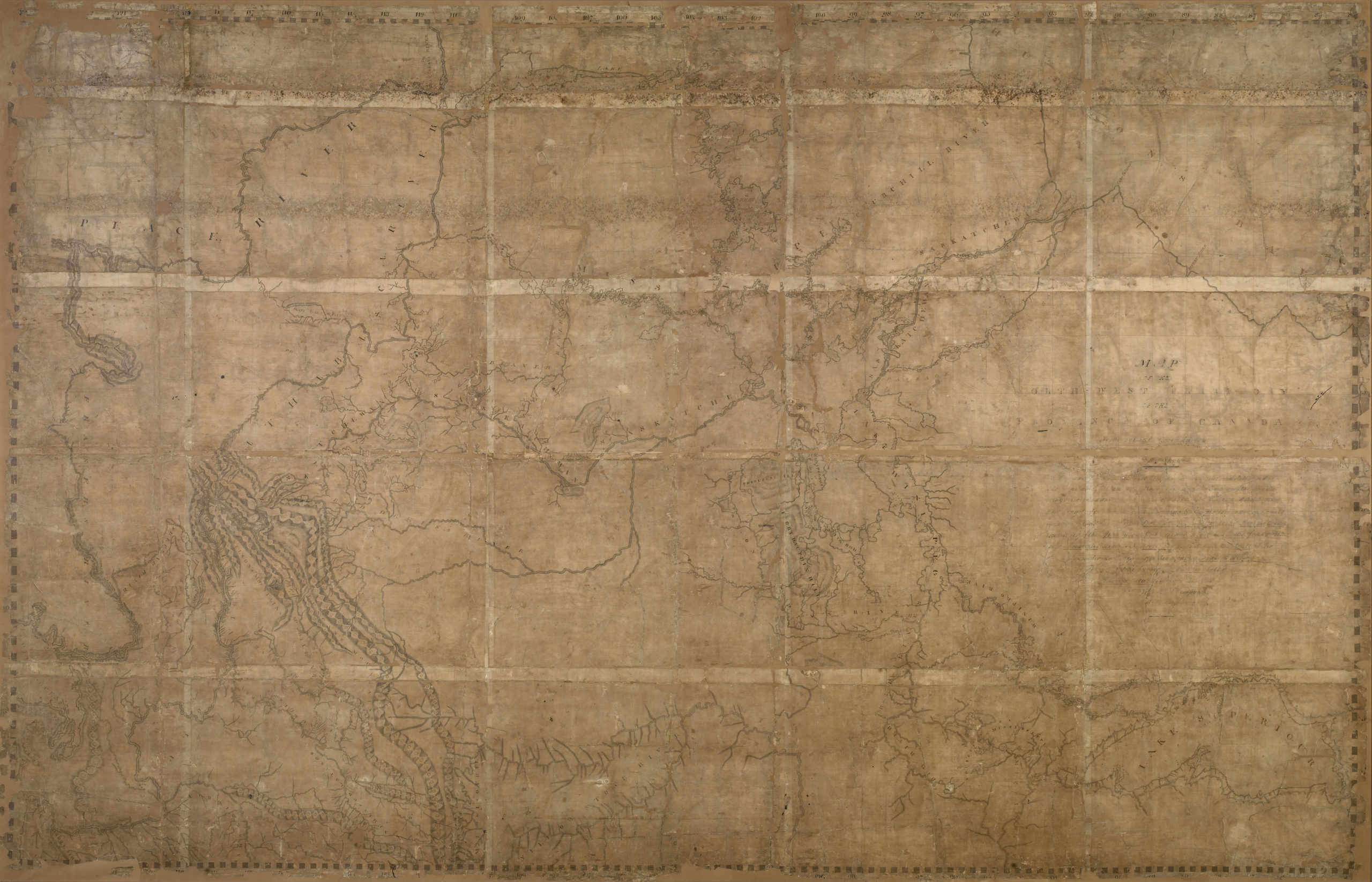
1.
Drawn on the back of an uncorrected proof of Aaron Kunin’s Love Three is a grid-like arrangement of thirty-six circles. Thirty-five of them are penciled in like test answers. The rows of spheres slant left. They are the hours I have waited to see him. I turn the book over to hide my anticipation. I’m embarrassed. Someone must have taught me eagerness was weakness. Waiting was always considered a spiritual gift. But my newfound desire plays upon the hours like a prayer. I’m distracted. I don’t want to wait.
Thomas Merton asked to “never do anything apart from desire.” He was talking about God. I might be, too.
2.
Who am I praying to? Cut in at any point and my prayer is a poem, a posture, an act of worship as bright as the phosphorous belly of a fish. The question of the recipient is directional. I am praying toward something.
3.
The person I was waiting for planted a garden. Unlike the gardens I’ve planted, he anticipates a harvest. “Cucumbers in a month,” he whispers into my ear as we wave at the neighbors over the fence. He is one of the people for whom the future feels like a forecast. For him, planting a garden is as simple as waiting. I envy being able to put hunger and expectation in the same place. Common birds score the morning sun that rolls in from Jackson Street. He props his shoe on the ridge of the garden bed and pulls a weed. He looks at me, one eye squinted, smiling.
The ideas I had about longing now live in his body. And I don’t miss them.
4.
“When I watch you dancing there is a heartless immensity like a sailor in a dead calm sea. Desires as round as peaches bloom in me all night, I no longer gather what falls.” —Anne Carson, Short Talks
5.
Losing track of time is what I always hoped love would feel like. When I am with him, I make a point to take off my watch. I imagine it—the flightlessness, the freedom—being eternal. “What is purgatory?” I asked him as we merged onto the interstate, driving home from the late ferry. I don’t remember what he said as he squeezed my leg. I meant to ask if he believed in it, but a shared destination felt like a strange kind of holding.
6.
The first time I went to Canada I wondered how it had been there all along. Its cathedrals and unearned kindness and quiet streets had been waiting. My inability to sense the country’s closeness felt massive, like standing under the whale at the Natural History Museum and not looking up. What else had I been heading for unknowingly? And every time Joni Mitchell sings, “Oh Canada,” I feel a sharp pinch in my stomach. The proximity of what we don’t yet know to long for—“so bitter and so sweet.”
7.
There were dozens of rock piles scattered on the beach where he first told me he loved me. On trails, they mean you’re hiking in the correct direction. On the beach, they were a minefield of right things. He and I climbed on a rock where we sat until I cried of happiness. After, I pulled my sneakers over my sandy feet. When I looked up, he had arranged a pile for me. And the feeling I remember most vividly was that of arrival.
8.
Seeing the rock pile also felt like: passing the restaurant advertised on the roadside sign two miles back, my parents’ aging, moss on a tree arranged like a continent, Christmas after Thanksgiving.
9.
Every blank surface is a vessel for longing, “a map of Canada with your face sketched on it twice,” a dwelling place for God.
I am ravenous for seasonal fruit. I honor ripeness.
The passing of the hours accumulates. It leads to a place where what is planted is harvested. Here, in the forest of found things, a feast. I offer to say grace.
Erika Veurink is a writer living in Brooklyn by way of Iowa. She is receiving her MFA from Bennington College. Her work has appeared in Entropy, Ghost City Press, Hobart, Midwest Review, x-r-a-y, and elsewhere.
